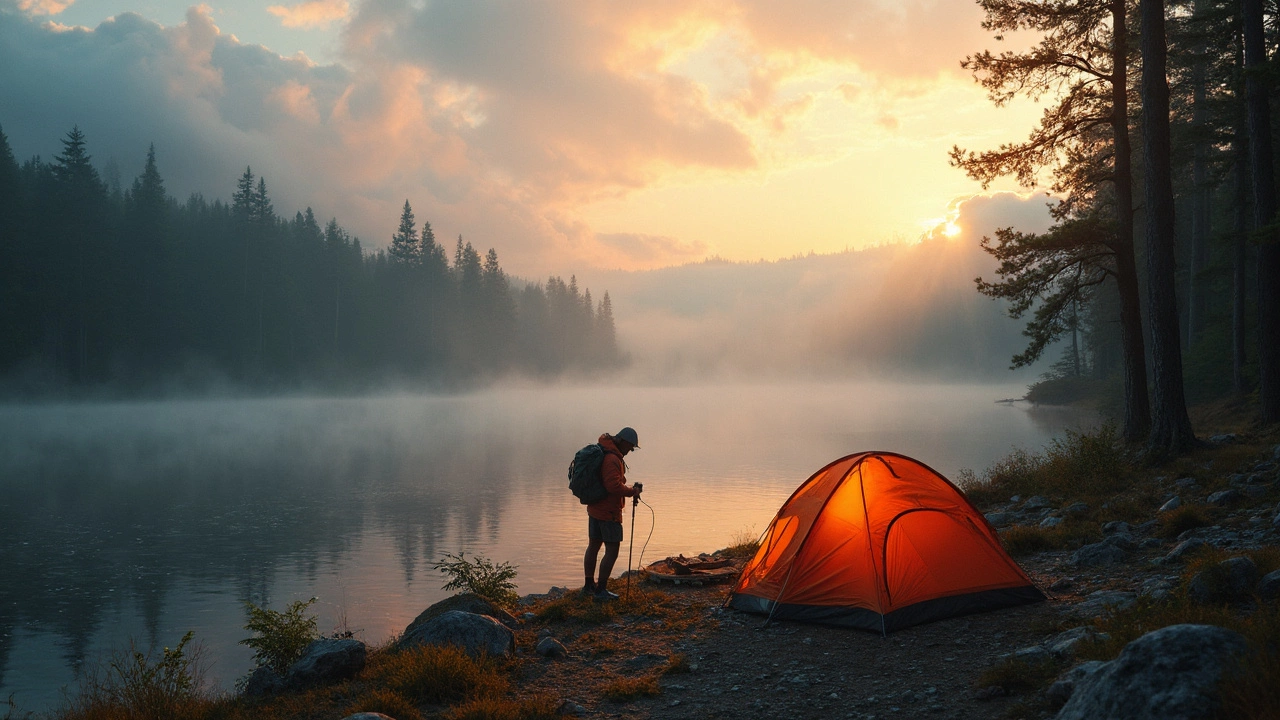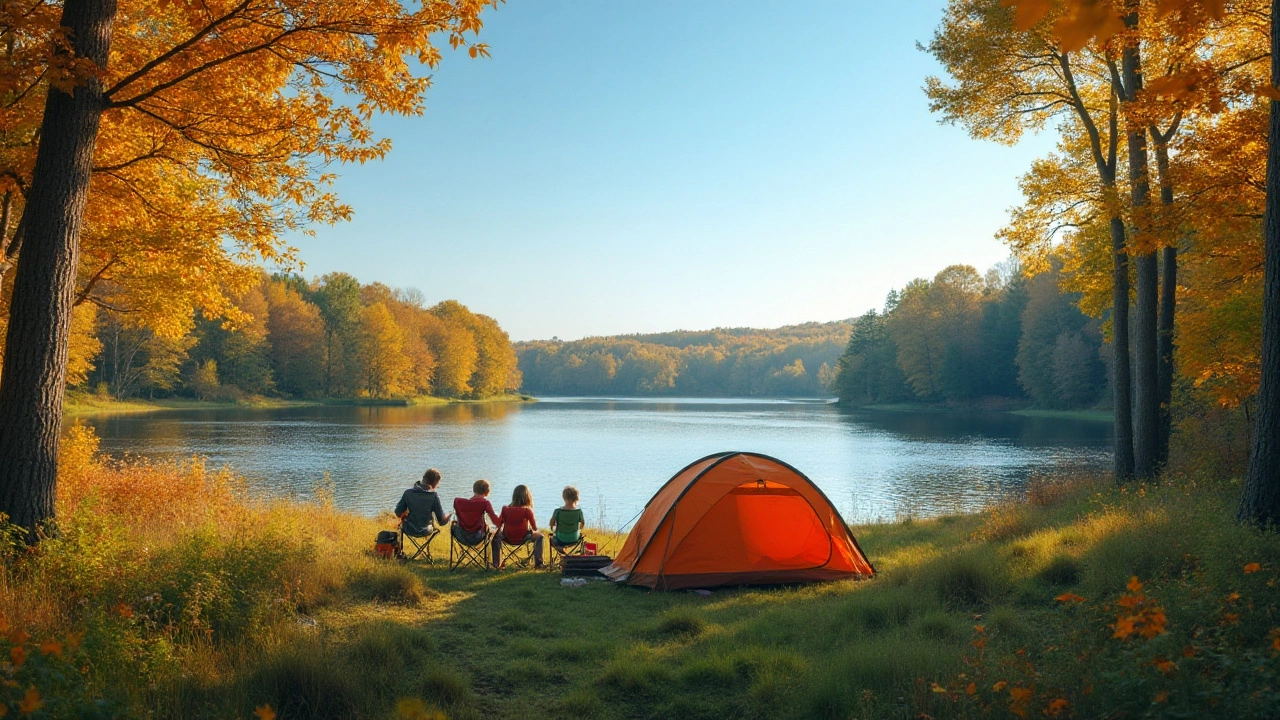Public Land Camping Guides – Quick Tips for Every Traveller
Thinking about setting up a tent on a UK beach, in a public park, or on open countryside? You’re not alone. Thousands of campers look for free or low‑cost spots to sleep under the stars. The good news is that with a few basics you can stay legal, safe, and comfortable.
Know the Rules Before You Pitch
Every type of public land has its own rules. Beaches often fall under local by‑laws that limit how long you can stay, where you can set up, and whether campfires are allowed. Many coastal councils let you camp for one night on a designated area, but you’ll need to move on the next day. In public parks, the rule of thumb is: if the park has a dedicated campsite, use it. Otherwise, a short stay (usually under 24 hours) may be tolerated as long as you’re tidy and respect other visitors.
The Scottish Outdoor Access Code is friendlier – you can camp for up to two nights on most public land if you’re away from homes and keep the impact low. England and Wales are stricter, but you can still find legal spots on designated “wild camping” sites, often run by the National Trust or local councils.
Practical Gear and Safety Hacks
Pack light but bring the right stuff. A compact, waterproof tent, a good sleeping bag rated for 5‑10 °C, and a lightweight sleeping mat make most public‑land spots comfortable. A small LED lantern, a portable power bank, and a basic first‑aid kit cover most emergencies.
Never leave food out – it attracts foxes, gulls, or even deer. Store meals in sealed containers and cook away from your sleeping area. If you’re near water, use a simple water‑filter straw or a few drops of chlorine tablets to stay hydrated without carrying heavy jugs.
Check the tide schedule for beach camps. High tide can flood low‑lying spots in minutes. A quick look at a tide app on your phone saves you from a soggy night. For park pitches, arrive early in the day to claim a spot that isn’t too close to playgrounds or entrances, which can get noisy.
If you’re unsure whether a spot is allowed, ask a local rangers officer or look for signage. A quick “excuse me, is it OK to camp here for the night?” can avoid a fine later. Most officials appreciate respectful campers and may even point you to a hidden legal site.
Leave no trace. Pack out every piece of litter, even tiny wrappers. Scrape away any fire remnants and spread out any leftover soil to hide your impact. This habit not only keeps the land beautiful but also builds goodwill for future campers.
Finally, keep your plans flexible. Public land can get busy during holidays, and some spots may be closed for conservation work. Having a backup location or a nearby official campsite listed on your phone ensures you won’t be stranded.
Using these simple checks and gear tricks, you can enjoy the freedom of public‑land camping across the UK without breaking the law or risking safety. So pick a spot, set up your tent, and soak in the night sky – the UK’s great outdoors is waiting for you.
Can You Camp on Public Land in Michigan? Everything You Need to Know
Ever wondered if you can just set up your tent anywhere in Michigan? This article breaks down where and how you can camp on public land in the state, including the rules, best spots, and some pro tips. Learn the difference between state and federal land, how long you can stay, and what to expect when camping outside developed campgrounds. If you’re itching to get off the grid, you’ll find advice about permits, campfires, safety, and how to minimize your impact. Plan your next adventure in Michigan’s wild places with confidence.
Exploring Public Lands: BLM and Forest Campsites in Wisconsin
This article explores the availability of BLM (Bureau of Land Management) land in Wisconsin, focusing on camping opportunities and public land usage. It will detail what BLM land is and whether any exists in Wisconsin, providing insights on where to find alternative public lands in the state. With tips and interesting facts, readers will gain a clearer understanding of camping options within Wisconsin's various public properties.

